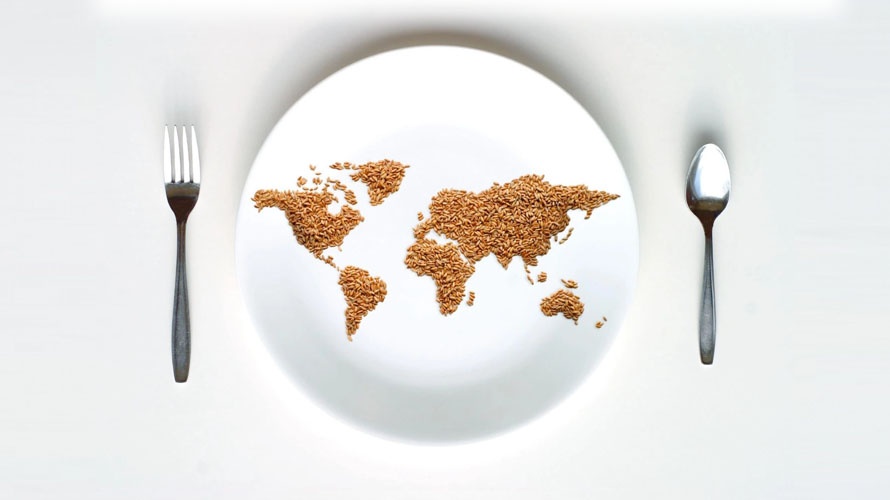
© Fotolia | great divide Photo

© Fotolia | great divide Photo
Our vision is a fair and ecologically compatible global agricultural, food, and trade system. We advocate for environmentally just and climate-adapted agriculture, animal husbandry, and land use as well as for fair incomes and rural areas worth living.
From 30 December 2024, the European Union Deforestation-free Products Regulation (EUDR) must be applied. Smallholders are also indirectly affected by the EUDR if they do not want to lose access to the EU market. In this policy paper, we first provide a brief overview of the challenges faced by smallholders regarding the higher requirements and also evaluate a series of targeted interviews with representatives of various industries and organisations that have already gained experience with the introduction of higher sustainability standards for smallholders and the traceability of supply chains.
Deforestation was one of the crucial issues at COP28 in Dubai. The negotiation outcome underscored its importance for the first time with a goal of ending global deforestation by 2030. Notwithstanding, deforestation continues. What exactly was decided at COP28? And where is more action needed?
We take a look at the geopolitical situation providing the frame for the UN climate talks COP28 in Dubai and identify the most important topics for the negotiations. We also outline what we expect COP28 to deliver, in terms of decisions that mitigate climate change, build resilience and provide finance for the people who need it.
In our new policy brief, we analyse along with Climate & Company and Rechtsanwälte Günther why sustainability due diligence obligations for financial institutions are key to achieving the EU's climate goals. As an example for this tool, we draw on due diligence obligations for financial institutions to avoid financing projects that cause deforestation. In addition, the policy brief presents specific recommendations for regulating financial actors through the EU Corporate Sustainability Due Diligence Directive (CSDDD).
In our new briefing, Germanwatch and the sustainable finance think tank Climate & Company analyse the expected reporting and due diligence obligations in the financial sector across a number of key EU regulatory measures on sustainability. In particular, the briefing focuses on potential obligations resulting from the respective regulatory measures that may help to identify and minimise the risk of deforestation.
The EU Commission announced the successful conclusion of negotiations on a regulation for deforestation-free products. Companies will therefore soon have to prove that no forest is cleared for the production of certain agricultural goods and wood products. An important step – but the law also has weaknesses. Germanwatch presents an initial assessment.
The expansion of agricultural land for the production of animal feed or palm oil is the biggest driver of loss and degradation of forests and other natural ecosystems worldwide. The EU’s demand for these so-called forest and ecosystem risk commodities plays a significant part in global deforestation linked to international trade.
From 28 February to 2 March, the United Nations Environment Programme will host the next Environment Assembly. In a joint statement today, more than 150 organisations from all continents, including Germanwatch, call for sustainable food systems to be a core issue of the Assembly, with a particular focus on animal husbandry.
